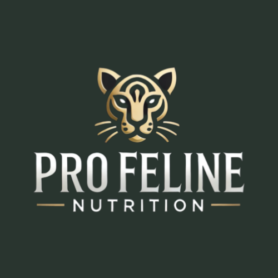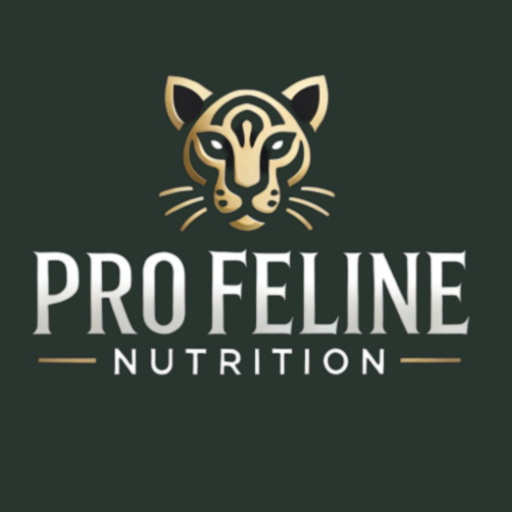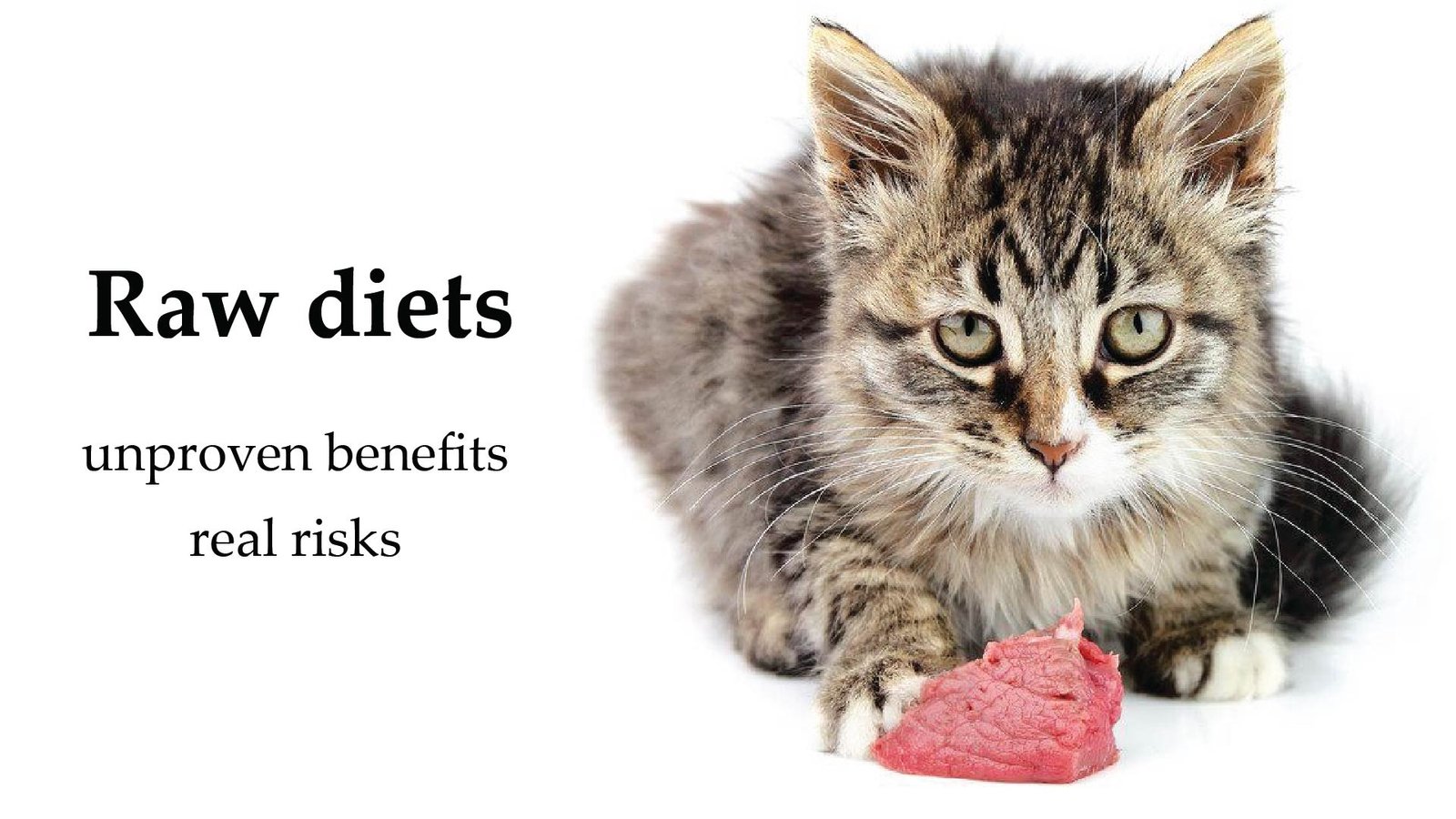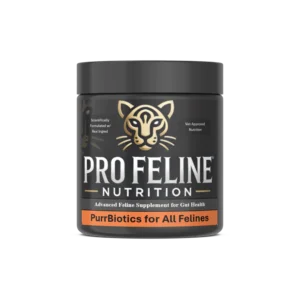Cat Supplement Guide: What Your Feline Actually Needs (And What’s Just Marketing)
Eric D.
October 27, 2025
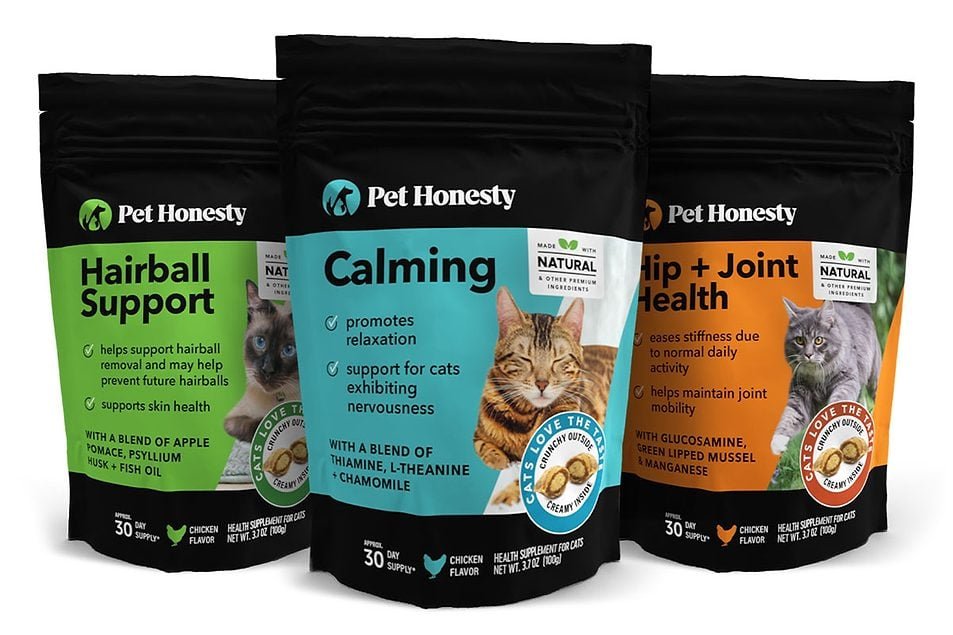
Walk into any pet store and you’ll find shelves packed with cat supplements. Probiotics, enzymes, omega oils, joint support, hairball remedies—the options are overwhelming. What does your cat actually need? Let’s cut through the marketing and focus on science.
The Supplement Industry Reality
Here’s the truth: most healthy cats eating high-quality commercial food don’t need supplements. But there are important exceptions, especially for:
- Hybrid cats (Savannah, Bengal, Chausie)
- Cats on raw or home-prepared diets
- Senior cats (10+ years)
- Cats with chronic health conditions
- Cats recovering from illness or antibiotics
Supplements Worth Considering
1. Probiotics ⭐⭐⭐⭐⭐
Who needs them: Nearly all cats benefit, especially those with digestive issues, on antibiotics, or eating raw diets.
What to look for:
- Multiple bacterial strains (Lactobacillus, Bifidobacterium, Bacillus)
- At least 2 billion CFUs per dose
- Shelf-stable formulation
- No fillers or grains
The science: Extensive research shows probiotics improve gut health, immune function, and nutrient absorption in cats.
Verdict: Worth it for most cats, essential for hybrid breeds and raw feeders.
2. Digestive Enzymes ⭐⭐⭐⭐⭐
Who needs them: Cats on raw diets, senior cats, cats with pancreatic insufficiency, or those showing signs of malabsorption.
What to look for:
- Protease, lipase, and amylase
- Animal-based sources (more effective for carnivores)
- High potency
- Powder form for easy mixing
The science: Enzymes break down proteins, fats, and carbohydrates, reducing digestive stress and improving nutrient uptake.
Verdict: Essential for raw feeders, highly beneficial for senior cats and those with digestive issues.
3. Omega-3 Fatty Acids ⭐⭐⭐⭐
Who needs them: Cats with inflammatory conditions, skin issues, joint problems, or cognitive decline.
What to look for:
- Fish oil (not flax—cats can’t convert plant-based omega-3s efficiently)
- EPA and DHA content clearly listed
- Molecularly distilled (removes toxins)
- Liquid or gel cap form
The science: Omega-3s reduce inflammation, support brain health, and improve skin and coat condition.
Verdict: Beneficial for many cats, especially seniors and those with inflammatory conditions.
4. Joint Support (Glucosamine/Chondroitin) ⭐⭐⭐
Who needs them: Senior cats, large breeds, cats with arthritis or mobility issues.
What to look for:
- Glucosamine and chondroitin combination
- Added MSM for inflammation
- Highly palatable formulation
The science: Moderate evidence supports joint supplements for arthritis in cats, though less robust than in dogs.
Verdict: Worth trying for senior cats with mobility issues, but results vary.
5. Hairball Remedies
Who needs them: Long-haired cats with frequent hairballs (more than 1-2 per month).
What to look for:
- Fiber-based formulas or petroleum jelly products
- Palatable flavors
The science: Limited evidence. Regular grooming and proper hydration are often more effective.
Verdict: Try digestive enzymes and probiotics first—they often solve hairball issues by improving gut motility.
Supplements to Skip
Multivitamins: Unnecessary if feeding quality commercial food. Can cause toxicity if over-supplemented.
Taurine supplements: Only needed if feeding home-prepared diets. Commercial cat foods are already fortified.
Cranberry supplements: Limited evidence for urinary health in cats. Better to focus on hydration.
Calming supplements: Mixed results. Behavioral modification and pheromones are more effective.
How to Choose Quality Supplements
- Look for third-party testing – NASC seal or similar certification
- Check the ingredient list – Avoid fillers, artificial colors, unnecessary additives
- Consider your cat’s specific needs – Don’t supplement just because
- Start one at a time – So you can identify what actually helps
- Consult your vet – Especially if your cat has health conditions
The ProFeline Philosophy
We don’t make supplements for every possible condition. We focus on what matters most: digestive health. Because when the gut works properly, most other systems fall into line.
Our probiotics and enzymes are formulated specifically for cats—especially those with wild genetics who need extra support. No fillers, no marketing gimmicks, just targeted nutrition based on feline biology.
The Bottom Line
Your cat doesn’t need a cabinet full of supplements. Focus on:
- High-quality food appropriate for their life stage
- Probiotics for gut health (especially hybrid cats and raw feeders)
- Digestive enzymes if needed
- Omega-3s for specific conditions
Everything else is optional and should be based on your individual cat’s needs, not marketing claims.
Want to start with what matters most? Explore our targeted digestive health formulas designed specifically for feline biology.
